Previous post
Now reading
Is All Grief the Same?
Next post

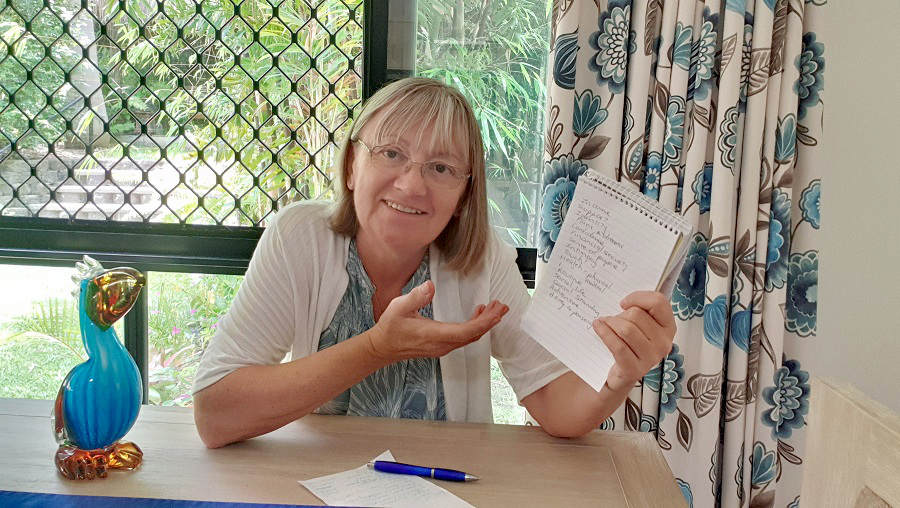
This question has been going around and around in my head for a long time now. I’ve needed to write about it but oh…..what a contentious topic! I could just imagine how some might react:
“Are you saying your grief is worse than mine?”
“How can you ‘compare griefs’ – are you suggesting a hierarchy?“
“Don’t you dare judge my feelings when you don’t know me!“
Oh dear. [shudders] My fear of this reaction is why I haven’t broached the subject in the past. I have a strong self-protection instinct… but I also have a need to explore and understand what is going around in my head AND maybe what might help others to understand what’s going on for them too.
Perhaps I should continue to shy away from the topic, but our society doesn’t ‘do death’ very well at all, and I believe it should be something we talk about openly.
So here goes….. [braces herself]…..
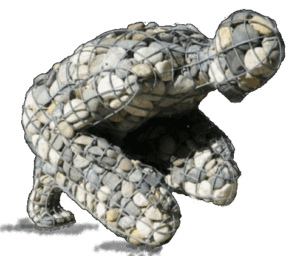
I’ve experienced grief before. I have lost my father to cancer, a baby daughter during later pregnancy and a beloved niece in a car accident. Losing my husband has been different though. Compared to these earlier experiences, this journey has been a nightmare-filled chasm of dark horrors .
Losing other loved ones caused a deep heartache, but losing Norbert…oh, that cruelly ripped my heart and soul out of my life, leaving me with the indescribable emptiness of yearning and intense pain of longing.
“Blanket comparisons can’t be made for even parallel losses. Regardless of the type of loss, no one can know the extent of another’s pain and sorrow. Although grief is grief, how you experience it is as unique as you and me.”
Comparing Grief
All grief is horrible, and clearly everyone experiences grief differently, but why does some grief cause more lifetime scars than others, to the point where a small proportion of sufferers never recover? I delved into the gloomy recesses of the internet, wandering through it’s many tunnels to look for some answers.
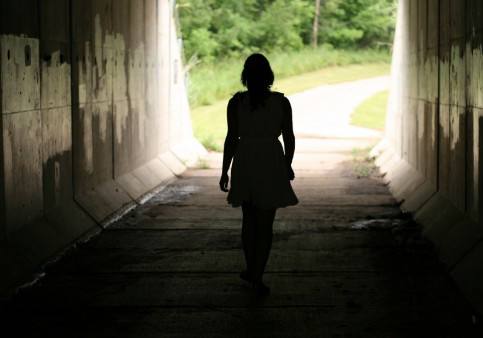
I confirmed that some people feel it has to do with the relationship you have with the person you lost, which would explain why a death of a parent may affect one sibling more than another, and the person’s spouse in a different way entirely.
” The son of a friend who’d lost her spouse was contemptuous of his mother’s grief, thinking she was over-dramatizing herself… But what he didn’t realise was that although they had lost the same person, they didn’t suffer the same loss. He’d lost a father he hadn’t been particularly close to, and his life didn’t change at all. Her life changed drastically…”
All Grief is Not the Same
Still others felt it had to do with your closeness and how ’emotionally connected’ you were to the person who died.
“I have come to the conclusion that the amount of space the lost one takes up in your life and your heart determines the intensity of grief we feel. ”
Comparing Grief
Much of the consternation and disquiet in my head has come about from well-meaning people saying to me in the early days “I know exactly how you feel. When my [insert relationship] died I was devastated.”

I don’t blame them though as before I got to experience this nightmare myself, I used to say something similar! It horrifies me now to think about the poor people who possibly suffered at my fumbled attempts at consolation. I now believe it’s better to simply say “I’m sorry for your loss“, rather than try to equate one loss with another that is different in nature.

I must admit I never went to this level though. One of the stories I came across in my research was written by a man who had lost his wife, and his best friend said “I feel for you mate. I felt the same when Jenny died.”
Jenny was his parakeet. Okaaaay. 😒
I was going down a particular wormhole of discovery, following links from one website to another when I came across something which… well…. triggered something for me as it made so much sense. In fact it made so much sense that I actually slapped my forehead with the palm of my hand.
Sorry to keep dumping quotes here, but this was the statement which leaped out at me:
“The death of a loved one isn’t just one single earth-shattering loss. In reality, it’s a tremendous loss, followed by a lot of smaller losses in its aftermath.”
A Deep Dive into Secondary Loss
Of course! It’s like the after-shocks of an earth-quake and in all the time of my grief journey so far, I have never come across this term but it makes so much sense! I didn’t just lose Norbert the individual…I lost soooooo much more!

So I sat myself down with a coffee and made a list of some of my ‘Secondary Losses’ which have been on top of losing the person.
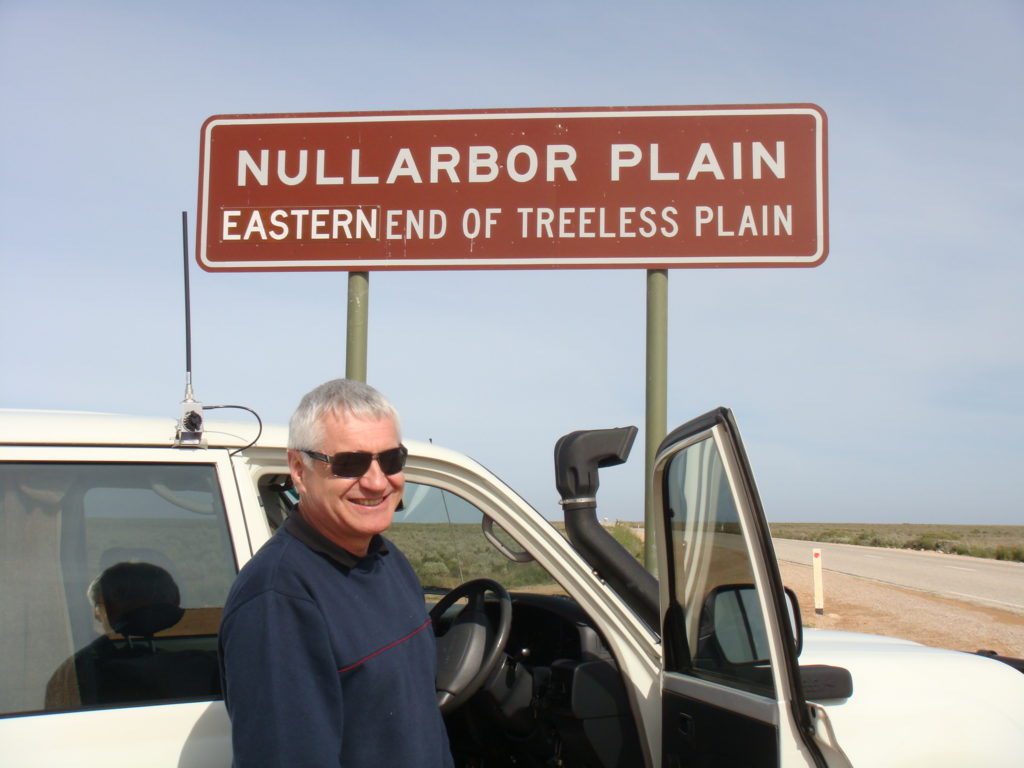
Wow! That ended up to be quite a list! I could have kept going but to keep things in perspective, during my research I read stories of how widows/widowers have lost their homes…their grandchildren….their fundamental faith belief…..and other devastatingly important aspects of their lives, so I shouldn’t feel too sorry for myself.
It’s quite a list though, and I feel it throws a much broader light on what it can mean to lose a loved one. It also adds a different dimension as to why it might be just as tough once you’ve passed the first anniversary.
Maybe too, these secondary losses are extra-hard for a grieving person as they often go unacknowledged and seemingly undervalued. Of course your friend is not going to say “I’m so sorry that you’ve lost your financial stability” or write in a card “My condolences for the loss of your sense of identity”. That would be quite ridiculous. 😂

No….nobody acknowledges these additional losses specifically but nevertheless they are as real as the primary loss and their ongoing impact makes the grief journey a very tough road.
The exercise was valuable for me, as it highlighted why losing my husband was so overwhelmingly more hellish than my previous experiences with grief. The sheer number and weight of secondary losses have had a huge impact and created ongoing after-shocks which will roll on ad infinitum.
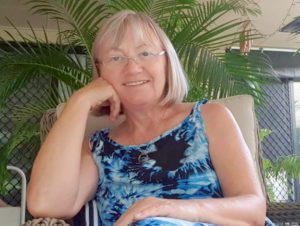
I don’t think I’ve discovered the conclusive answer to any profound questions, but it feels good to have gotten all this out of my head. 😄 Personally, it has helped me to understand why it hurts/annoys me so much when I hear those words “I know how you feel“, and importantly, it has taken the sting out of them.
I’ve always believed that grief isn’t all the same, but now I feel that I’ve gained a bit more insight into why that might be.
What do you think? Please drop a comment in the box below as I would appreciate your thoughts on this subject. Yeah..it’s a bit contentious but let’s be brave together. 🥰
Marlene is an Australian widow who has written about all the good, bad and ugly stuff that happened after her husband Norbert died tragically. Marlene responds to all comments.
to me grief isn’t all the same, the personal characteristics of people who experiences the grief influence the depth of grief for that person. I sometimes imagine my Dad’s hand on my shoulder and I hear his Yorkshire accent and I miss that, but to lose my spouse would be so much harder.
I think it depends on your relationship. To the world I’m single, a widow (hate that word, it makes our love seem like it is at an end – it bloody well is not) . My heart cries out that I am married., but I’ve had to change my finances to my name only. I had to pull myself up when going for a loan; I automatically said that there were two people in our household, but no, that’s not true now. I had to change my NOK last week. That hurt. But now I have to do it elsewhere.
I’d like to share though that my friend who has never married, must have gone through a similar if not worse experience. She was sole carer for her mum once her dad passed on. Her mum died five years ago. As a result she was grieving for the most important person in her life. She had lived at home her entire life, and once her mum died she had to find new accommodation as the house was in her mums name. She had to have her dog Joe and her mums dog Mitsy put down as she couldn’t keep them, they were the other two constants in her life. She wears her mums wedding ring around her neck, and her dads on her finger. She was as devoted to them, as I was to Billy, I’m sure.
I guess every person’s experience is individual and there are so many factors that affect how we grieve 💜
Thank you Marlene, for writing this very important, if very difficult,piece. Having not experienced losing my spouse and best friend, I have never felt this kind of grief. That said, being a very empathetic person, another person’s grief is palpable for me. So, it is good to better understand things a little so I can help and not make things worse by saying the wrong things. My heart hurts for you, even at this distance.
I agree with you that every loss is different. I have lost both my parents. My dad’s death was harder for me than my mothers. I think part of that was because he was my last parent. I was also closer to him and he died suddenly in his sleep. I didn’t have time to prepare for it. My mother had been ill for a long time. I lost my brother (only sibling) to a sudden heart attack at 58. I lost my husband to Alzheimer’s then I lost my son and only child a year ago to a very sudden heart attack. Of all the losses my son’s death has been the hardest. But as hard as it has been for me I realize that it has even been harder for my daughter in law for all the reason you just explained. I also had lots of secondary losses when my son died but none that affected my day to day life like the ones she had. Your losses mirror so many of the losses I know my daughter in law faces. My son’s death left a huge hole in my heart. He was my protector, my confident, the person that would always have my back, that was going to take care of me in my old age……. But on a day to day basis my life has not changed the way my daughter in law’s life has changed. Their life together was much like the way you describe your life with Norbert.
Even though I lost my spouse 10 years ago, and thought I was adjusting well, in reading your posts, I realize I am still in the process of identifying the new me. I do know most of my friends and family think I am done grieving, but I don’t think the process is ever complete if you loved someone deeply. Redefining the person I am now will always be an ongoing process and that is ok. The reality of me being alone and all my life’s plans being altered, sometimes hits me in a quiet moment, but I do know that I still have a lot of life to live and redefining myself is ok. It will never be what it could have been, but the story is still unfolding for me! It is great that I have found that I am not alone in my new life!!! Thanks for your honesty.
Andrea
Once again Marlene you have done a wonderful job of explaining how your grief is, but it also helps so many in understanding their’s. You have a talent in your writing that is amazing. Norbert would be so proud of what you are doing and how you have shed light on the grief journey! Norbert may not be here to tell you he has your back, but I for one, do! Keep sharing and helping the rest of us through our journeys in the many layers and kinds of grief that are out there.
Thank you Marlene, for making some of my misty thoughts a little clearer. I had always had an idea that the differences in feelings of loss depended on the strength of the bond that was severed. Kind of like leggo blocks are strongly joined, but come apart easily and go back together the same way but in different forms. At the other extreme, co-joined twins when separated have lost something so basic to their entire intrinsic nature that even though physical existence may continue, nothing at all can ever be the same as it was for them.
Your writing is thought provoking, and very helpful for me.
Thank you again.
Having lost my husband at 47 with kids at home to raise, I have had a hard time finding others to relate to about my grief. All people grieve but not all grief/loss is the same. So few people want to be honest about that though and it makes grieving so much harder for people who have to deal with never ending after shocks such as those that come with being a widow. Even as a widow, I can acknowledge that the experience of a younger widow, especially with small children, is much more difficult than my situation.The loss of my husband is not the same as the loss of a pet, grandparent, or even a parent. My dad’s death was hard but not nearly as hard as the death of my husband for my children. People do not understand my grief and they want to distance themselves from the fragility of life that I represent. I don’t understand why we can’t be more honest about grief in our culture. It changes but never goes away and the relationship, age, and manner of death all impact the depth of the grief. Thank you for bring brave enough to tell the truth.
15 Comments